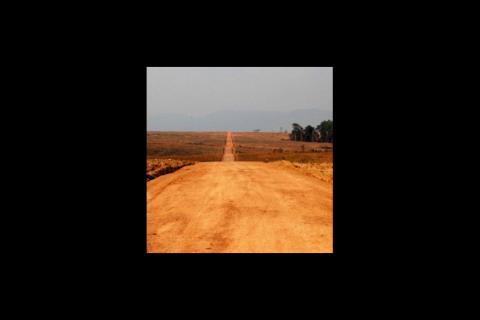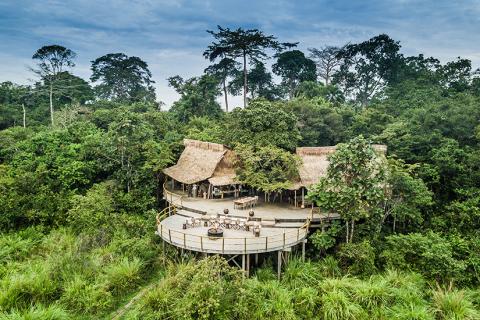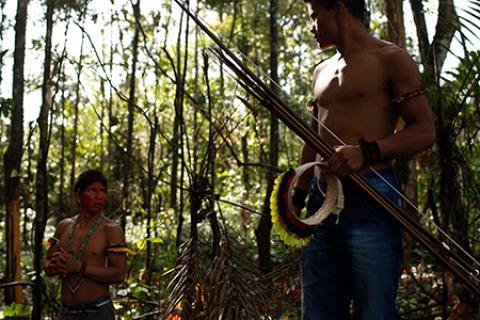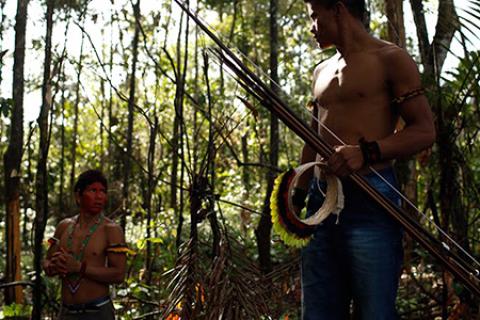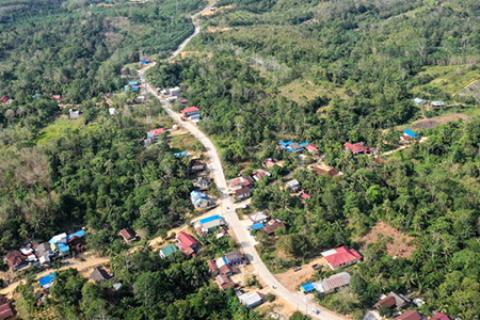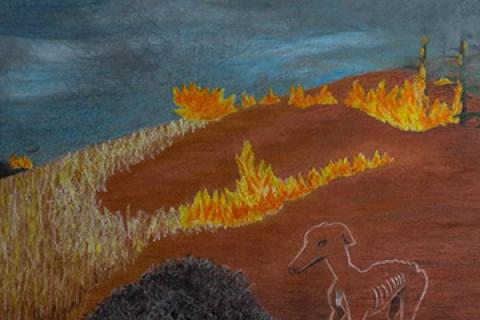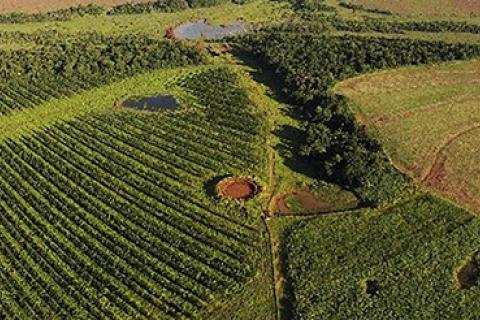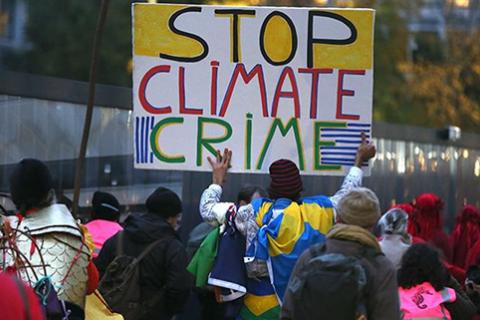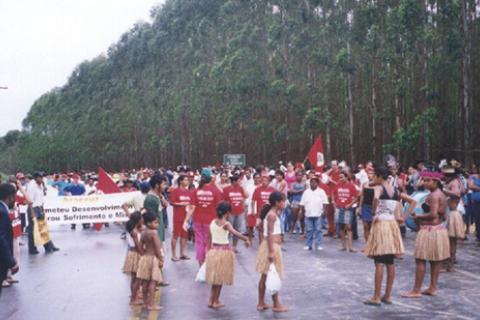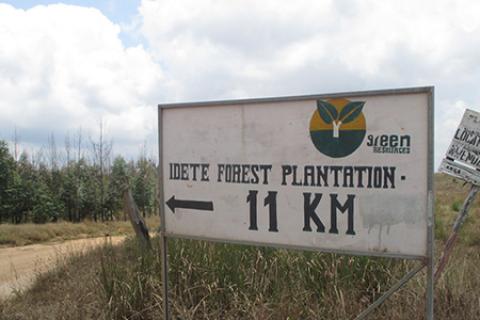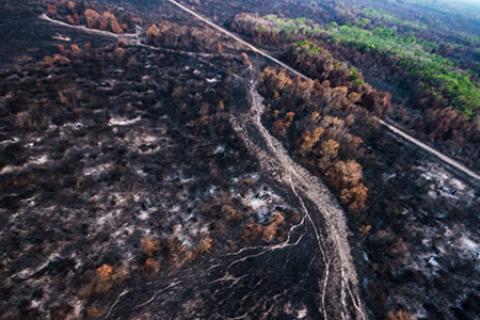Colonial and anti-colonial movements’ have deeply shaped the patterns and impacts of concessions in SE Asia. In some cases, communities have experienced dispossession through land grabs dressed as concessions. In others, concessions are part of a re-concentration of land holding. Either way, the concession model fits well with ideologies of modernisation.
Bulletin articles
The conservation industry is now promoting the idea of ‘buying up’ Conservation Concessions and reconstituting them as business models with profit-seeking aims. A case in point is the ‘African Parks Network’, which manages 19 National Parks and Protected Areas in 11 countries in Africa.
We invite you to reflect with an activist who explores resistance processes and the challenges they face, based on her experience with struggles in Brazil. In this reflection, we also invite you to join the collective resistance from your own contexts and spaces of organization. The fight continues and the fight is one!
We invite you to reflect with an activist who explores resistance processes and the challenges they face, based on her experience with struggles in Brazil.
The Balik People will bear the impacts of the plans to build a New Capital City mega-project in Borneo, Indonesia. Government officials and business elites in the country are certainly among those who will enjoy the benefits.
Available in Bahasa Indonesia.
The Argentinian government continues to subsidize industrial tree plantations, now as a policy against climate change as well. From dispossession and land appropriation, to deforestation and more forest fires, pine trees are devastating territories and communities.
The false idea that industrial plantations are a solution to the climate crisis is a golden opportunity for investment funds like Arbaro, which access scarce climate funding for expanding destructive monocultures.
Suzano was present at the 2021 UN climate negotiations for one main reason: to promote tree plantations as a ‘solution’ to climate change, under the name of ‘nature-based solutions’. It aims to profiteer ever more from the so-called climate policies.
The UN Land-Grabbing Summit in Glasgow made it once again clear that these spaces will never advance the already existing solutions to the climate crisis.
Tupinikim indigenous leaders, in Brazil, share the experience of their people in the struggle against one of the largest eucalyptus plantation and pulp production companies in the world, Aracruz Celulose – currently named Suzano Papel e Celulose.
Local Communities in Tanzania Continue to Face Problems Brought by Green Resources’ Tree Plantations
Green Resources Tanzania Limited (GRL)claims to offer solutions to climate change through planting monoculture trees. This wrong and misleading claim hides the reality on the ground: land grabbing, deforestation, destruction of grasslands and much social harm.
Forest fires and deforestation are tools to consolidate the land grabbing that goes hand-in-hand with the expansion of the capitalist agricultural frontier into the territories of indigenous peoples and traditional communities.
